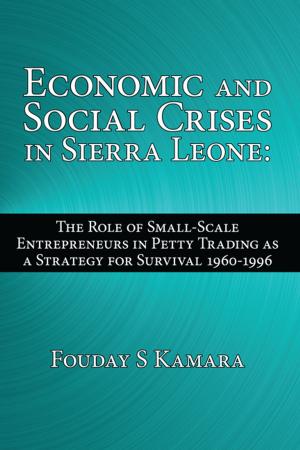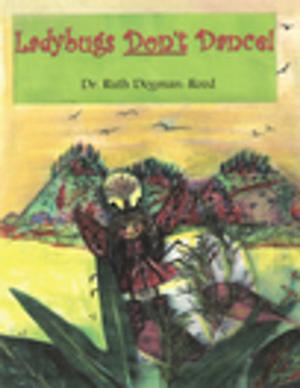| Author: | Billy Hall | ISBN: | 9781481726221 |
| Publisher: | AuthorHouse | Publication: | March 12, 2013 |
| Imprint: | AuthorHouse | Language: | English |
| Author: | Billy Hall |
| ISBN: | 9781481726221 |
| Publisher: | AuthorHouse |
| Publication: | March 12, 2013 |
| Imprint: | AuthorHouse |
| Language: | English |
This novel takes place in a mining camp near Bessemer, Alabama in the early 1930's. The Author was a pre-teen at the time and lived in the community known as Potters Camp. The houses in the camp belonged to The Company and were rented to the miners. Potters was primitive, even by standards of the day. There was no electricity and no indoor plumbing. These people were very poor. But they were hard working, strong, proud, and for the most part they were God fearing. The miners worked long dangerous hours in the mines for little pay. They traded at the company store and with the few local merchants, most often on credit, and often their pay envelopes failed to cover what they owed on payday. They and their families supplemented their meager wages by raising vegetables, keeping livestock, and the women made most of the families' clothes. At this time there was struggle and conflict over efforts to unionize the miners. The Author carried her memories of Potters into the early 1960's when she put them on paper in the form of this novel. The manuscript went unseen until the children found it while cleaning out the home place after it had been sold, several years after her death.
This novel takes place in a mining camp near Bessemer, Alabama in the early 1930's. The Author was a pre-teen at the time and lived in the community known as Potters Camp. The houses in the camp belonged to The Company and were rented to the miners. Potters was primitive, even by standards of the day. There was no electricity and no indoor plumbing. These people were very poor. But they were hard working, strong, proud, and for the most part they were God fearing. The miners worked long dangerous hours in the mines for little pay. They traded at the company store and with the few local merchants, most often on credit, and often their pay envelopes failed to cover what they owed on payday. They and their families supplemented their meager wages by raising vegetables, keeping livestock, and the women made most of the families' clothes. At this time there was struggle and conflict over efforts to unionize the miners. The Author carried her memories of Potters into the early 1960's when she put them on paper in the form of this novel. The manuscript went unseen until the children found it while cleaning out the home place after it had been sold, several years after her death.















